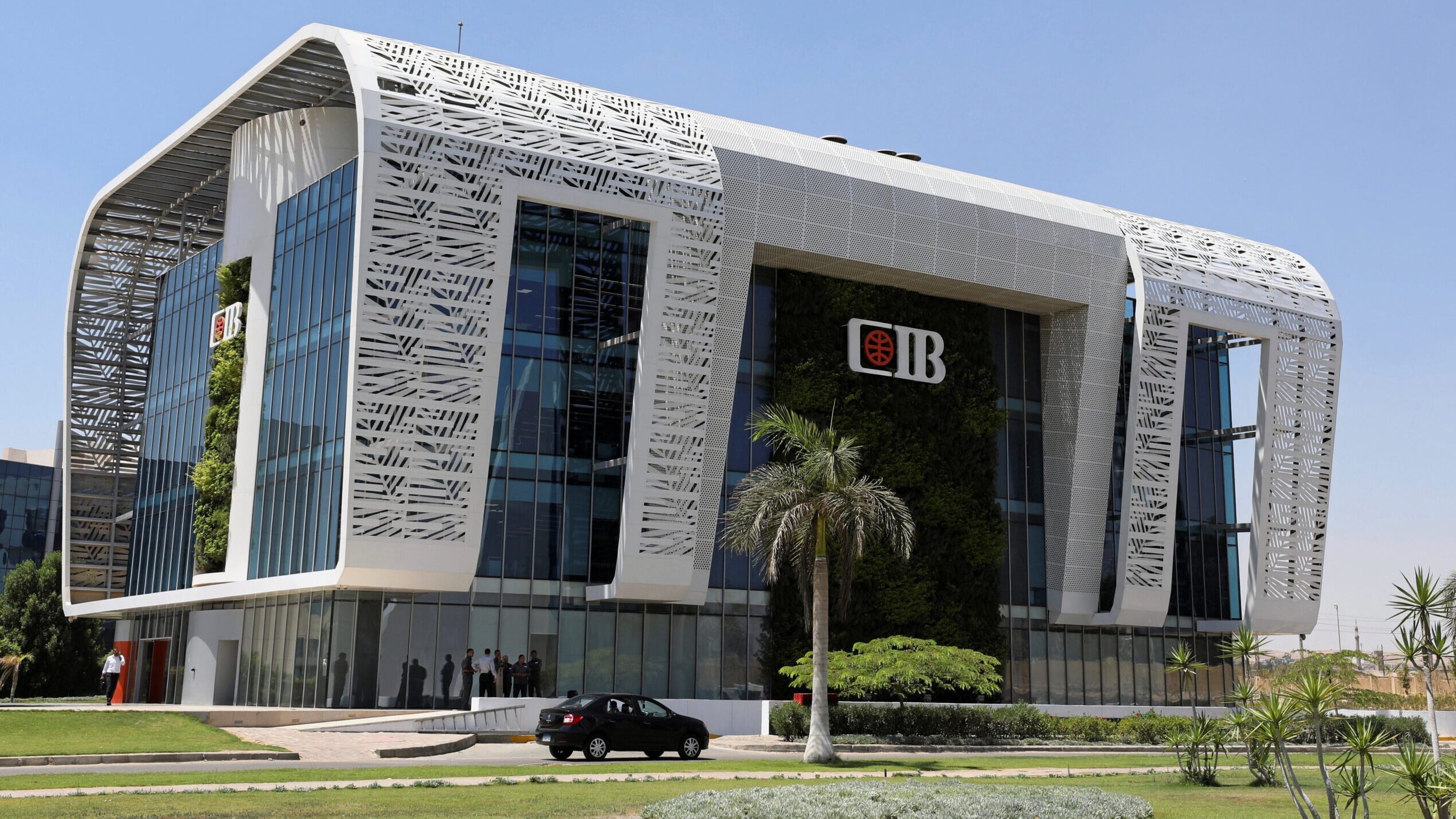The continental free trade area will come into effect at the end of this month after two more countries ratified the agreement.
The Saharawi Republic and Sierra Leone submitted their instruments of ratification to the African Union last week, making the African Continental Free Trade Area (AfCFTA) to attain the threshold for operationisation.
This in theory implies that from July, Africans will be free to trade, work and move all over within the continent without restrictions as it is the case now.
“The two deposits meet the minimum threshold of ratifications required under Article 23 of the AfCFTA Agreement for it to enter into force thirty days after deposit of the twenty second deposit made by the Saharawi Republic. The AfCFTA Agreement will in this regard enter into force on May 30,” said African Union Commission chairman Moussa Faki Mahamat.
Kenya was the second member to deposit the instruments of ratification at the AU headquarters in May 2018.
All that is now left is for the African Union and African Ministers of Trade to finalise work on supporting instruments to facilitate the launch of the operational phase of the AfCFTA during an Extra-Ordinary heads of state and government summit slated for July 7.
The supporting instruments comprise rules of origin, schedules of tariff concessions on trade in goods, online non-tariff barriers monitoring and elimination mechanism, digital payments and settlement platform, and African Trade Observatory Portal.
The African Ministers of Trade are scheduled to meet in Kampala Uganda in the first week of June to review work on these supporting instruments ahead of the Extra-Ordinary Summit on the AfCFTA.
The continental free trade area was signed by close to 50 countries at the AU Summit in March 2018, alongside the Kigali Declaration and the Free Movement Protocol.
It creates one African market of 1.2 billion people, with a GDP of $2.5 trillion, which has the potential to boost intra-African trade by 52 per cent by 2020, benefiting African producers, consumers and traders.
SOURCE: Business Daily

Ethiopia has cleared the way for Safaricom to introduce M-Pesa in the market of 110 million people after deciding to include the ...

Egyptian largest private sector bank by assets Commercial International Bank (CIB) is seeking to acquire more banks to strengthen ...

The European Investment Bank and International Solar Alliance have published a study outlining access solutions to overcome key ...

Kenya has been ranked the top country in the world in reducing population with no access to electricity, pointing to the impact ...